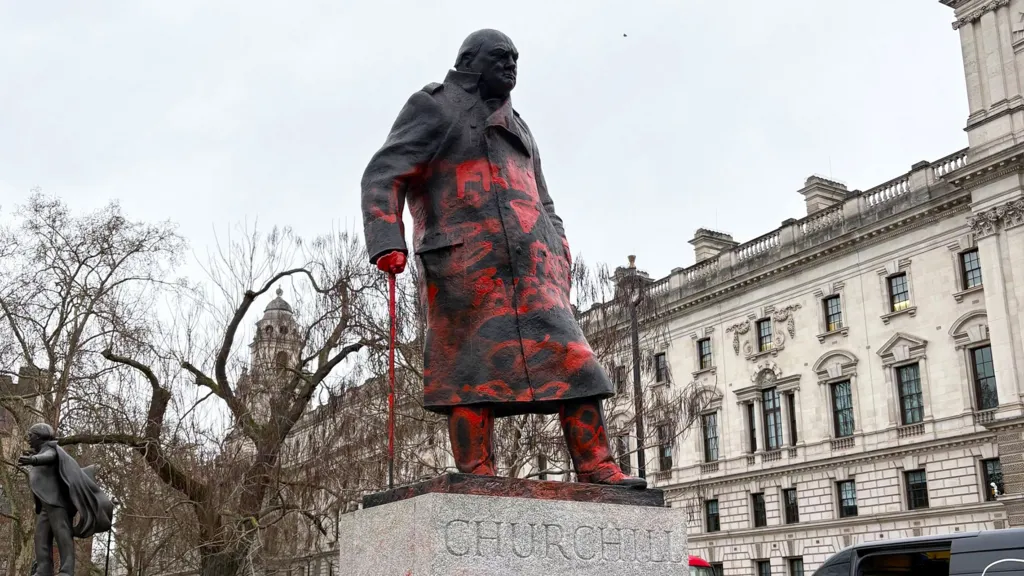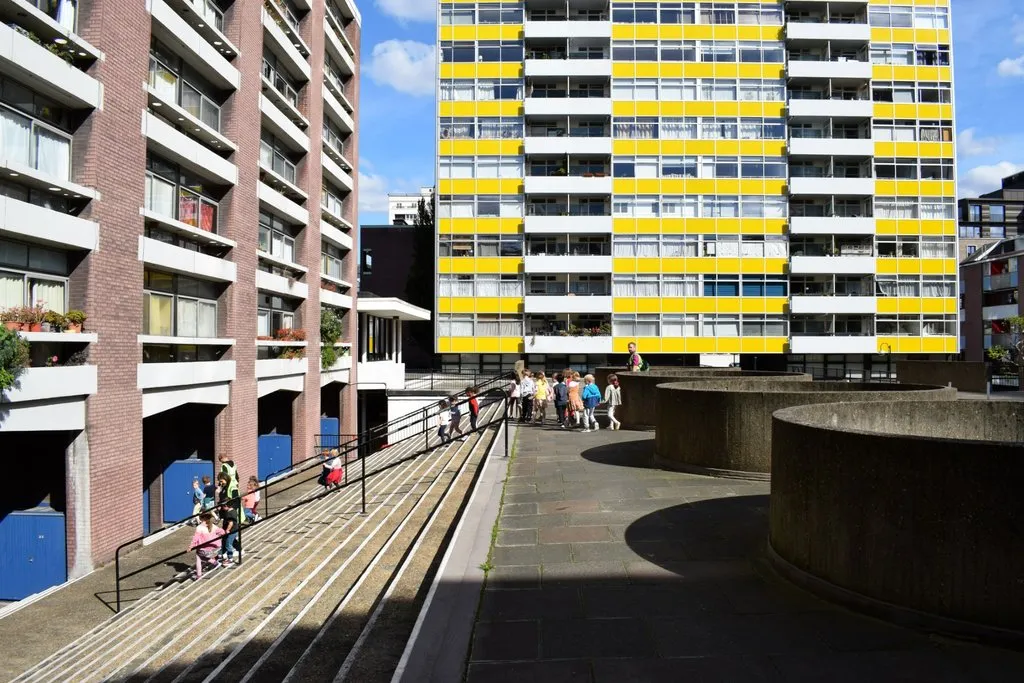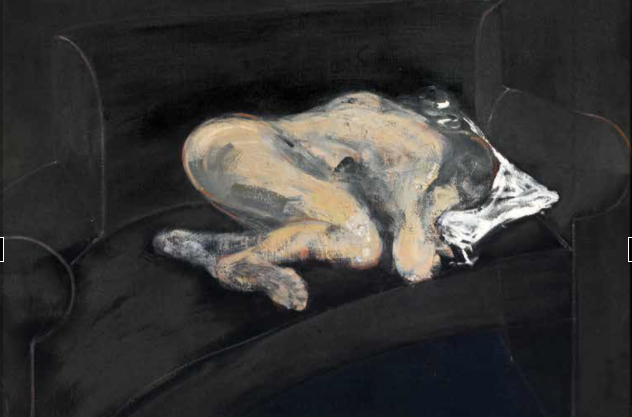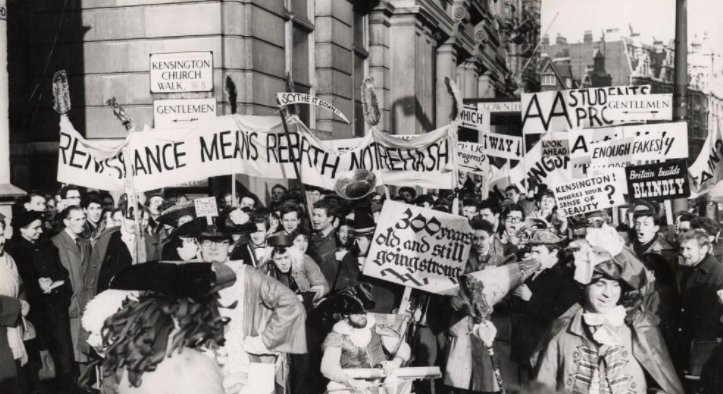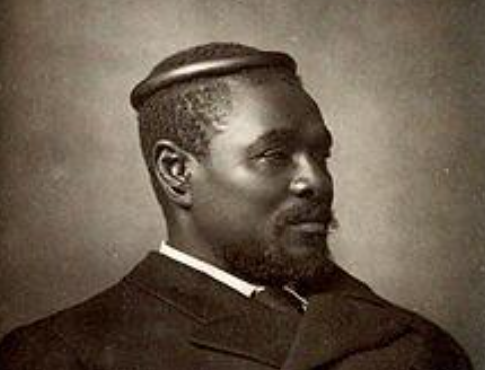BBC Proms 2025: What Not to Miss in the First Month
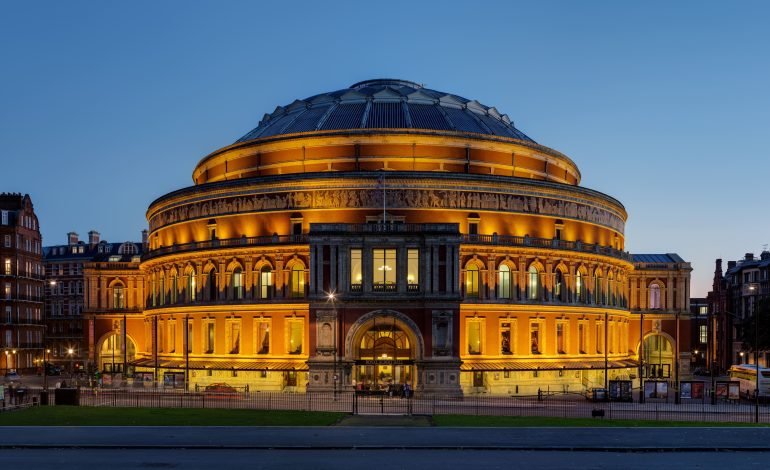
The 2025 BBC Proms begin in the Royal Albert Hall (RAH) at 7.30 on Friday 18 July. They are, of course, also the Henry Wood Proms, since he and his manager Robert Newman started them in the Queen’s Hall in 1895 and the BBC only became involved when finances began to run short, and broadcasting became a serious proposition, in 1927. That will be a centenary to celebrate with gusto in two years’ time.
This year the season begins with a fanfare Sir Arthur Bliss wrote for Wood’s birthday. I remember meeting Bliss at a summer course when I was a teenager. He was then a small dapper man of nearly 80 with a toothbrush moustache. He was also Master of the Queen’s Music. These days the Master of the King’s Music is a woman in her late 60s, Errollyn Wallen, but the post is not for life any more. This century the post, along with that of Poet Laureate, has been limited to ten years. She is represented on the opening night too, with the world premiere of The Elements. In between, the wonderful Lisa Batiashvili plays the Sibelius Violin Concerto and the evening ends with Finnish conductor Sakari Oramo conducting Vaughan Williams’ beautiful choral work Sancta Civitas.
Seats for the first night, and many others, have been sold out for weeks but the Proms are never quite sold out until the day (except for the last night which is decided by ballot). In the RAH there is standing room in the Arena and Gallery for a thousand and these tickets go on sale for £8 on the website or by phone at 9.30 every morning.
Those of us who spent our student years queuing down the steps and along the road opposite the Royal College of Music, waiting for the evening rush to buy a ticket on the door, regard the whole online thing as a ghastly innovation that has taken away the sociability and the commitment that Promming entailed. Yes, clicking on a website is easier but that was not the point. Being in the queue meant you really believed in the music you were going to hear and if necessary were prepared to take time off work to get in the line.
That nostalgic rant over, the music on offer this season is as fine as ever. Here are a few recommendations for the most substantial evenings in the first month. I am leaving out the programmes that the BBC schedules to demonstrate its populist credentials, such as spin‑offs from TV series like The Traitors.
The first two blockbuster concerts come on 21 and 22 July when the Manchester‑based BBC Philharmonic play Mahler’s 7th Symphony and, the next night, Richard Strauss’ Death and Transfiguration and Berlioz’ Symphonie Fantastique. The BBC Scottish Symphony Orchestra contributes Bruckner’s 7th on Sunday 27th, which has the composer’s most exhilarating movement. The next night their concert is short but intense: Harrison Birtwistle’s Earth Dances, arguably his finest orchestral work, and Beethoven’s Third Symphony, the Eroica.
The concert I would most want to hear in July is that of the BBC Philharmonic on 31st. It includes not only Copland’s Clarinet Concerto, which has one of the most gorgeous opening movements of any concerto, but Rachmaninov’s last work, the Symphonic Dances. The evening opens with the Second Symphony by the disgracefully neglected French composer Elsa Barraine, a contemporary of Benjamin Britten but longer lived.
The first Saturday in August (2nd) has the chance for a glorious marathon. Johann Strauss’s 200th anniversary is celebrated at 11am by the BBC Concert Orchestra and in the evening The Hallé perform Mahler’s magnificently uplifting Second Symphony, The Resurrection. The mezzo‑soprano soloist in that is Emily D’Angelo. Hers is a voice of a generation. Whenever it is possible to hear her, do.
There’s more Mahler two days later (4 August), Das Klagende Lied, the large‑scale cantata which he finished in 1880 but did not manage to have performed for another twenty years. The first half is devoted to Pierre Boulez’s Rituel In Memoriam Bruno Maderna, a tribute from one great champion of modernism to another. It is Boulez’s centenary this year but his big influence on the Proms was in the first half of the 1970s when, as the BBC Symphony Orchestra’s Chief Conductor, he brought his uncompromising composer’s ear to the programming.
That commitment to new musical moods is demonstrated on 13 August in a concert of which one suspects Boulez would have approved. His old orchestra premieres the Cello Concerto by Anna Thorvaldsdottir, an Icelandic composer in her forties, played by Johannes Moser. It is conducted by her contemporary and her country’s symphony orchestra’s Principal Conductor, the Finnish Eva Ollikainen. Around that concerto is grouped Edgar Varèse’s Intégrales, Stravinsky’s The Rite of Spring (a Boulez speciality) and Ravel’s Boléro, rescued from its clichéd place in the repertoire and put into its proper innovative context.
On 15 August Ravel’s jazz‑inspired Piano Concerto, played by Benjamin Grosvenor, one of Britain’s finest pianists, will be preceded by the very cheery Revue Music for Symphony Orchestra and Jazz Band by the usually rather sombre Sofia Gubaidulina, who died in March. The second half has Shostakovich’s Thirteenth Symphony, his biting setting of Yevtushenko’s poem Babi Yar, commemorating the victims of the Holocaust. It will be played by the BBC National Orchestra of Wales, conducted by Ryan Bancroft, only six days after the fiftieth anniversary of Shostakovich’s death. The following night the extraordinary Aurora Orchestra will play his Fifth Symphony by heart!
To complete these first month recommendations, on Monday 18 August Sir Mark Elder conducts Delius’s triumphantly positive Mass of Life. Elder is now surely the finest British conductor working (now that Simon Rattle has German citizenship) and he can shape a big work with a wonderful sense of scale and architecture. He has also become the true champion of Delius and his often ethereal music.
In between all these concerts there are many others that will be more than memorable, for which I do not have room here. All of them will be broadcast live on BBC Radio 3 for those of us unable to get to the Royal Albert Hall in person.
BBC Proms 2025 – Key Details
Royal Albert Hall | Opening Night: 18th July 2025 | Season runs through summer
A season of world‑class performances from orchestras and soloists, celebrating Henry Wood’s legacy with premieres, classics, and innovative programming.
Standing tickets from £8 released daily at 9.30am
Visit Royal Albert Hall for tickets and full programme
Monty Alexander at Ronnie Scott’s | Brendan Barns on Culture | Summer Music in City Churches – Review
Explore more classical music stories in our Classical Music section .
Follow us on:
Subscribe to our YouTube channel for the latest videos and updates!
We value your thoughts! Share your feedback and help us make EyeOnLondon even better!





